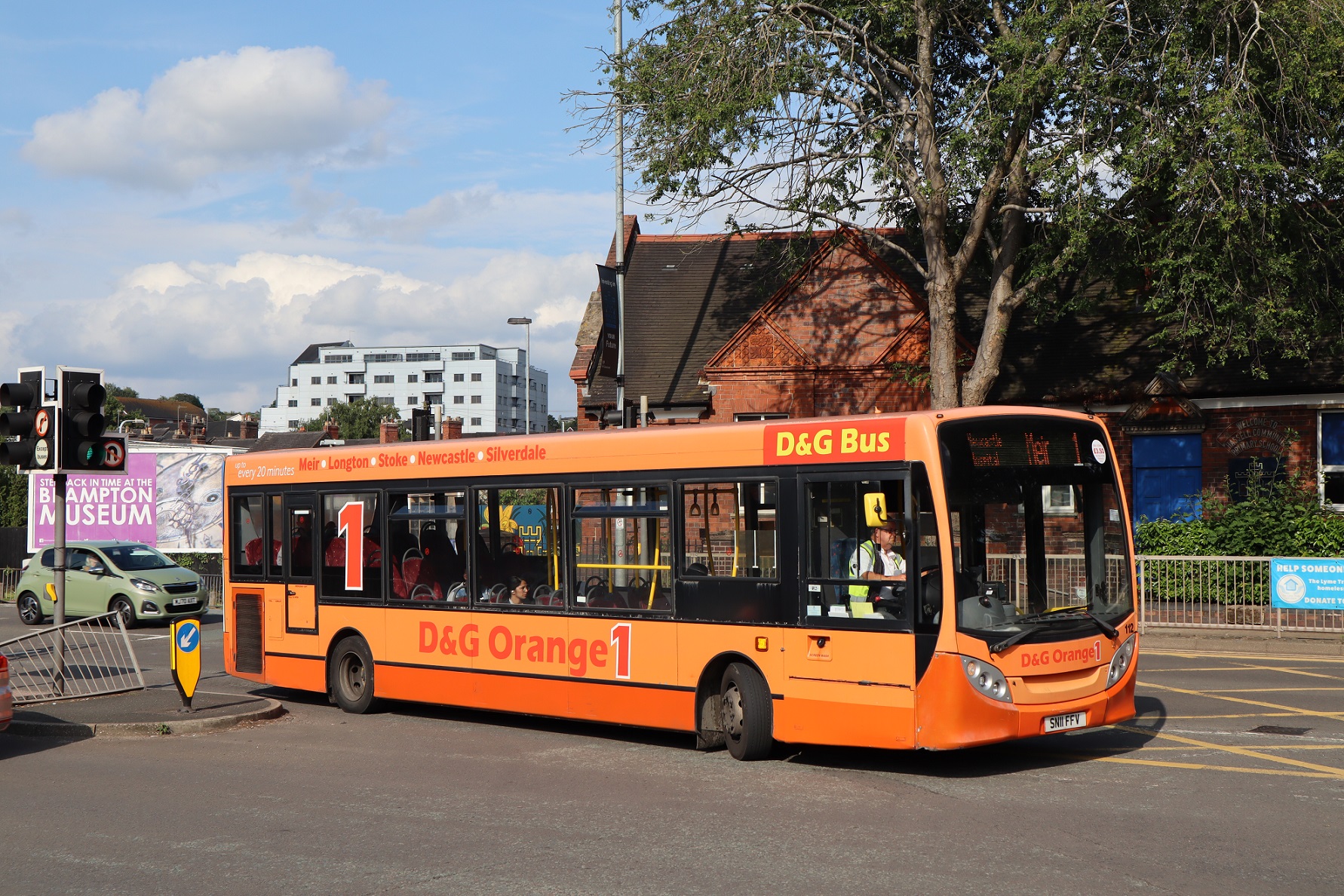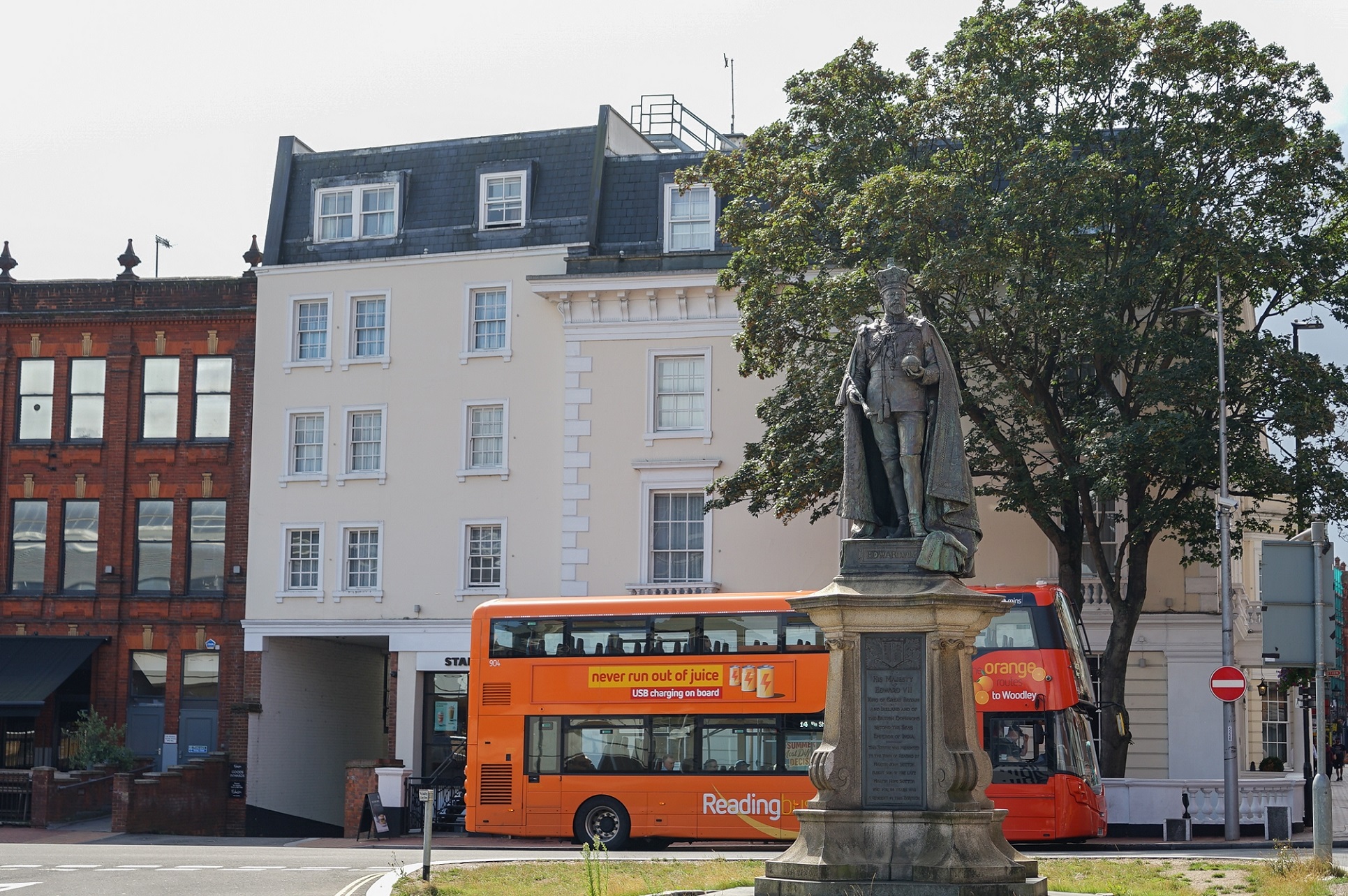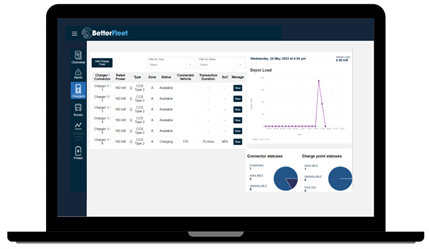We would all like to see more buses carrying more people to more places. Bus is by far the most popular form of public transport and, whether or not we are directly affected, we all feel a sense of loss when a local bus route is withdrawn.
It is also clear that the number of buses on our streets has been in decline for many years. It could hardly be otherwise, with the amount that local authorities (LAs) spending on bus services falling by 45% in the decade from 2010.
It is a decline that everyone in the bus industry would very much like to reverse: A process that starts with correctly diagnosing the issue. Claims that 50% of bus routes have gone over the past decade attract headlines and worry passengers, but they do not help us to get to a diagnosis.
Scope for doubt over official data on bus service numbers?
Counting bus routes is an imprecise science. The government body responsible for compiling figures on routes registered admits that there was a lot of double-counting in the figures prior to 2020. While many routes were registered for each local authority area that they covered, the figures are very sensitive to operator route labelling.
In many cases, routes previously called, for example, 2 and 2A, have been simplified into a single service 2, with a similar overall level of provision but one route registration instead of two.

It is better to measure change in bus mileage. This too has fallen, by about 19%, over the last decade.
And because bus mileage is a more accurate measure that registered bus routes, we can use it to understand much better what has caused the decline.
Prior to the pandemic, the decline in mileage was driven by LAs – with declining budgets and competing spending priorities in areas like social care – withdrawing support for bus services in their area.
Rural areas in need of particular attention – and funding?
And, of course, this decline was concentrated in rural areas, where councils had previously had the biggest roles. Since 2020, the decline has largely been driven by changing passenger habits during and in the wake of the pandemic.
Sometimes this has hit the same rural areas again, but it has also affected places like Brighton, Hertfordshire and Reading, where rail commuters are now much less likely to be using the bus to travel to the station five days a week than they once were.
Understanding the changes of recent years will help us to reverse them.
In rural areas, where the decline in mileage has been most keenly felt, it is clear that the government needs to help councils to step back up to their previous role. Defining a socially necessary service level will help. Providing ringfenced funding to support such a service level will help even more.
Societal change must be reflected in future approach
Elsewhere, we cannot turn back time and return commuters, or shoppers, to their old habits. But we can make bus travel a more compelling proposition for a wider group of people. That is exactly what the National Bus Strategy for England set out to do two-and-a-half years ago.

Progress has since been slow, and non-existent in some parts of the country, but the approach set out in the Strategy remains right.
Investing in making buses more frequent, more reliable and more speedy will make them both cheaper to run and more attractive to use: A real win-win that will give us both more passengers, and more buses.
Reversing decades of decline in bus travel is no easy task. But it is achievable with little political will and a little investment. It will be made much easier if we start with a clear and accurate read on the nature and causes of the decline.
Graham Vidler is Chief Executive of the Confederation of Passenger Transport.



























